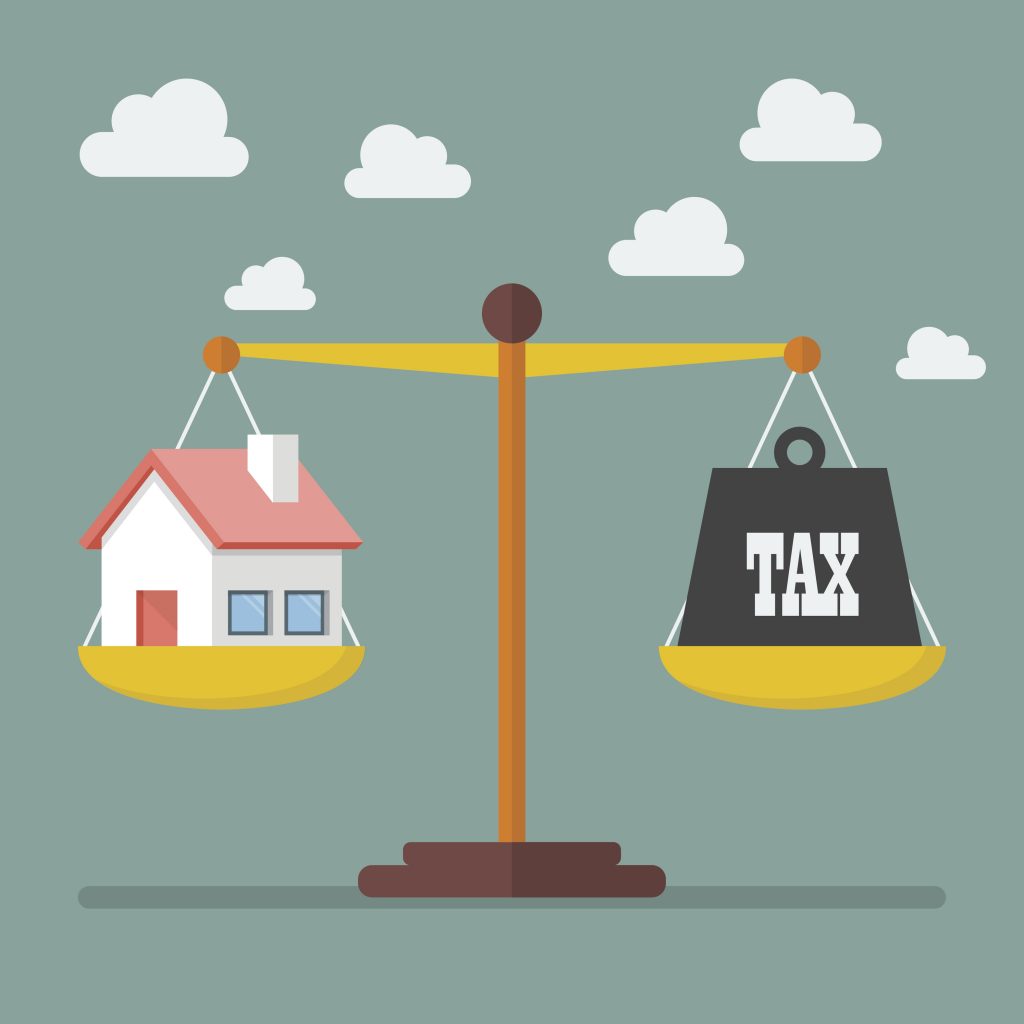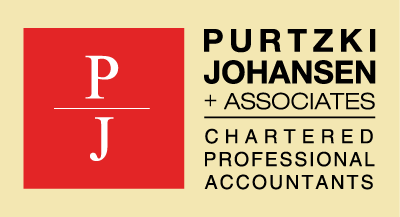All owners of residential property in designated B.C. areas including corporate owners, partnerships and trustees, must make an annual declaration to report the residential property and either claim an exemption from the SVT or pay the tax.
For 2018, the tax is levied on all residential property owners as at December 31 at a rate of 0.5% of the property’s assessed value.
Starting in 2019, the SVT will be levied on property owners as at December 31 at the following rates:
- 2% for foreign investors and satellite families (those with more than 50% of their world income not reported on a Canadian tax return).
- 0.5% for British Columbians and other Canadian citizens or permanent residents who are not part of a satellite family.
B.C. designated taxable areas
- Municipalities within the Capital Regional District
- Municipalities within the Metro Vancouver Regional District, excluding Bowen Island, the Village of Lions Bay and Electoral Area A, but including UBC and the University Endowment Lands
- the City of Abbotsford
- the District of Mission
- the City of Chilliwack
- the City of Kelowna and the City of West Kelowna
- the City of Nanaimo and the District of Lantzville
Note that the SVT does not allow a credit for the City of Vancouver Empty Homes Tax. It means that owners end up paying both levies.
Exemptions and Credits
a. Principal Residence Exemption
The term “Principal Residence” is defined under the SVT to mean “the place in which an individual resides for a longer period in the calendar year than any other place.” Where the spouses each have a separate principal residence in a calendar year, the couple is deemed to have only one principal residence, unless the couples particular situation falls under the exclusions from the SVT, including medical, work or business purpose.To qualify for the principal residence exemption, the owner must be a Canadian citizen or permanent resident of Canada, a BC resident for Canadian income tax purposes, and not part of a satellite family.
b. Rental Exemption
A residential property may be eligible for the exemption from the SVT in 2018 if it was occupied by tenants for at least three months. This requirement increases to six months in 2019 and subsequent years.
c. Income Tax credit for B.C. Resident Owners
– an annual $2000 tax credit per owner or $2000 tax credit per property in the case of multiple owners.
– This credit cannot be carried forward or transferred to the spouse
d. Income Tax Credit for Other Canadians
– Non-BC resident Canadians will be eligible for a tax credit based on the amount of income that they claim in BC.
e. SVT Credit for foreign owners and satellite families
– An annual tax credit equal to 20% of the person’s BC income to reduce the SVT owing.
The timeline for filing the SVT
February 2019 – Declaration forms will be sent to all property owners as of December 31, 2018 in designated areas.
March 31, 2019 – Declaration responses are due
April 2019 – Assessments will be sent
July 2, 2019 – Payment is due
The speculation tax has created a lot of uncertainty for property owners. Contact your PJ&A advisor to determine how the legislation affects you and the strategies you should consider.




